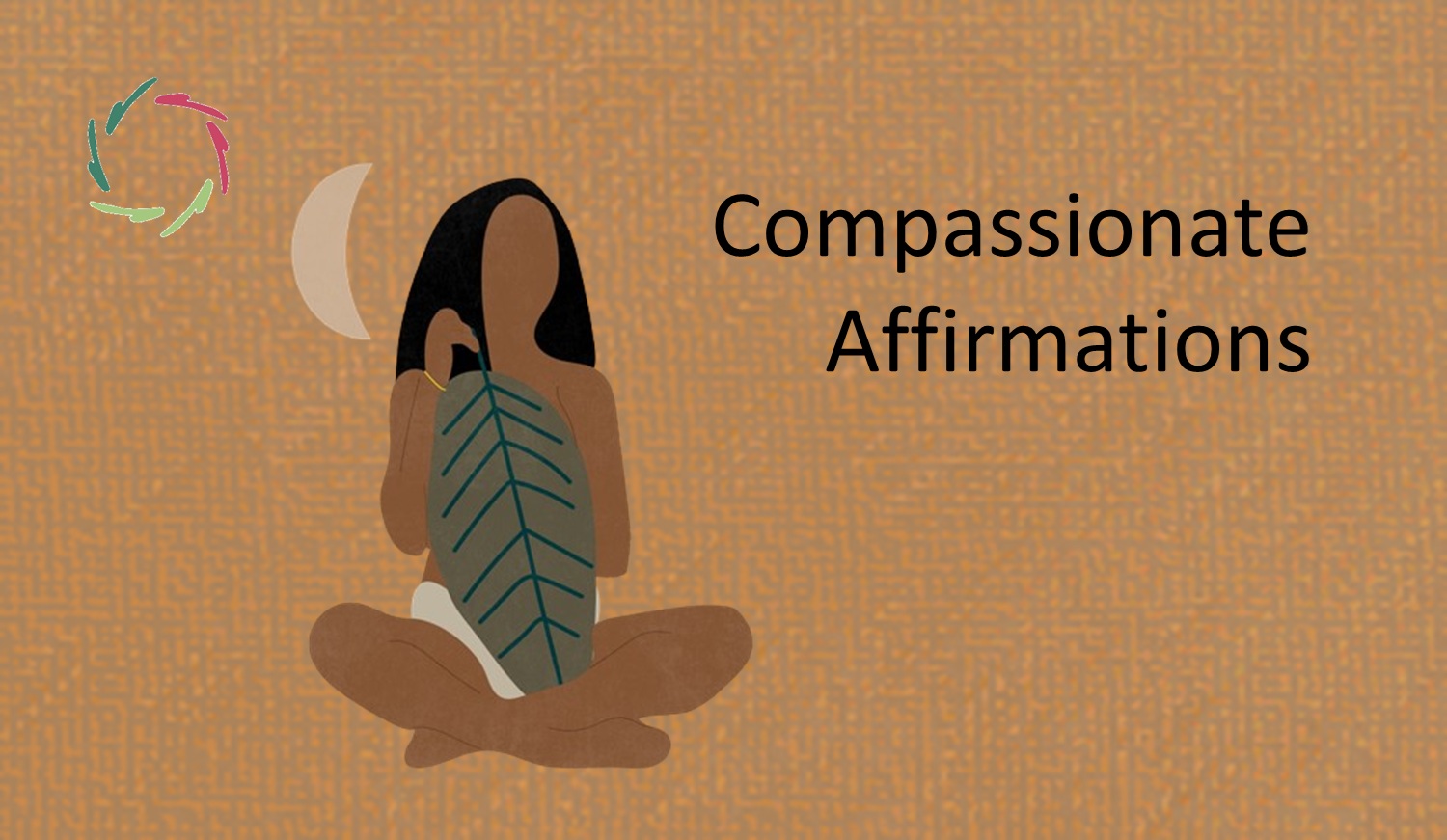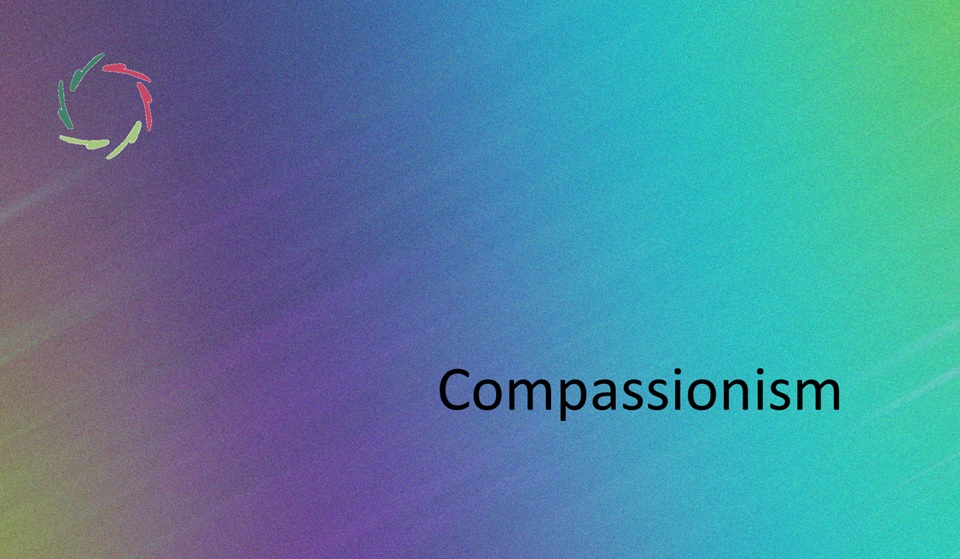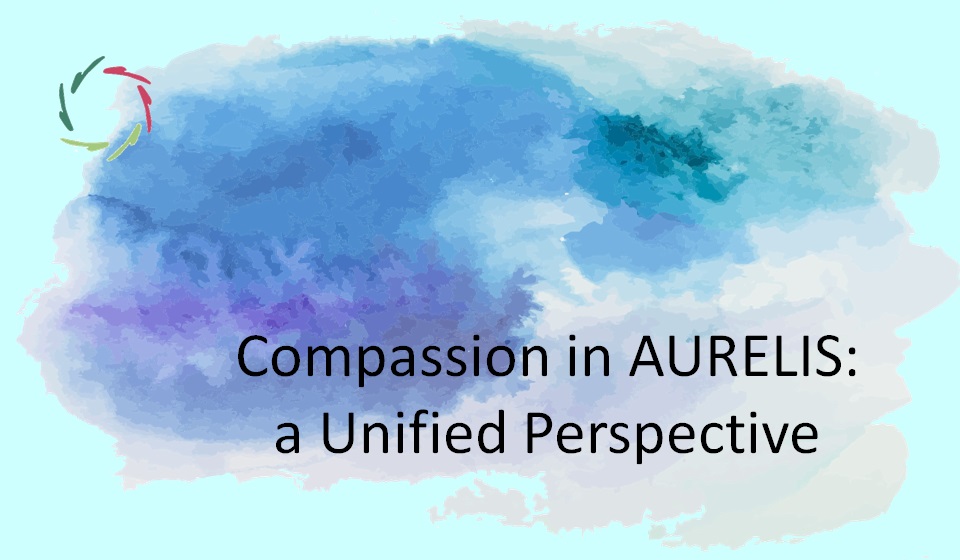The Middle Way of Dialogue

Dialogue: speaking while listening and listening while speaking. Dialogue strengthens. Unfortunately, there seems to be a growing lack of it.
Speaking while listening
Non-verbally, deeply attentive: showing yourself in your listening. It helps the other to speak well and thus it also helps your listening.
Listening while speaking
Straightforwardly: seeing the other ‘speak while listening’.
The middle way is not the middle of two opinions.
It’s not a compromise. It’s the result of really listening. Where can you agree with the other party? Are you trying to agree? Are you taking time for this? Spending effort?
Are you opening your soul?
The middle way is the way in which when two people are really together, something extraordinary happens.
This is especially important in diplomacy. Wars have been fought by lack of middle way-thinking and talking.
A discussion is in many cases a ‘shouting conversation’
with discussants each on a separate mountaintop, in defense. Call it ‘resistance’. If nobody wants to relinquish his mountaintop fortress, of course they have to shout!
Contrary to this, the middle way can be found on a plain. You begin by being present and supporting the other to be present. Near each other, no need to shout. You can start a dialogue.
Dialogue strengthens
It brings people together in a way that makes them internally more consistent, more ‘whole’. True dialogue is wholesome from inside out, in a powerful and durable way.
I’m not talking about a lot of talking.
Children should learn it. Adults should know how-to. Alas! Who gives it what it deserves? Unfortunately, this is self-perpetuating: if nobody learns, nobody is able to teach. As a consequence, there is more and more shouting.
Social media
seem to have become mainly ‘shouting media’. Shouting in order to be heard + because of not taking time and effort to build-up having something worthwhile to say. There is much need for listening while writing!
There is of course a huge trap in social media: impersonality, making the media socially anti-social. Neither media nor users are to blame. It’s like any addiction: people naturally search for depth but drown in superficiality. The tragedy is that they keep searching… frenetically. Meanwhile, there being little true dialogue in social media, there is a huge amount of loneliness.
Nature made us so. Nature didn’t foresee social media.
What dialogue is good for
It’s good for the partner in dialogue. In many cases, it’s good for a broader group, society at large.
Most of all, it’s good for you as a total person.
People who have no clue of what this is about may see it as mumble jumble that is standing in the way of action. That’s a pity.
Meanwhile, if you keep filling your bucket, it will spontaneously overflow.


